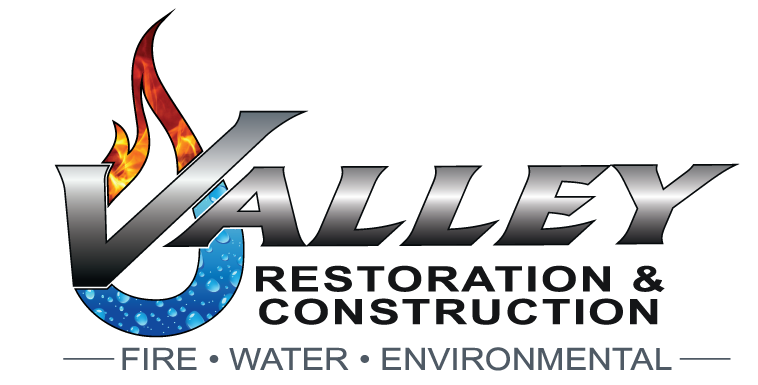Are you at risk for a utility line break?
Utility line breakage can happen in many different ways depending on the type of utility. In general though, there are common factors surrounding the breakage of your utility lines.
- Age is an obvious factor when it comes to a broken utility line. As time goes on, the ground shifts, freezes and thaws. The underground lines will weaken and at some point break.
- Human disturbance may also cause a break in a line. If someone is digging or using other heavy equipment, the utility line has a higher risk of breaking. This is common with nearby construction and excavation areas.
- The material of the line may have already been weak to begin with. For example, older homes built around the 1980’s had water lines which were commonly made of iron. After the pipes have deteriorated with rust over time, issues begin to arise.
- The installation may have been poorly implemented. If this is the case, your utility line is much more likely to break.
Identifying utility line breakage
Whether it be water, natural gas, or another utility, pipe breaks may be hard to detect.
- With water lines, damp walls or ceilings can indicate a break. Also, a noticeable lower water pressure may mean a water pipe has broken.
- Unusual egg-like smells indicate possible natural gas pipe breakage.
- If you hear unusual noises in any utility line, it may be weakened or broken.
If you notice any signs of possible utility line breakage, contact a professional who can identify and fix and issues.
What should you do when your water or utility line breaks?
If the issue involves leaking natural gas pipes, make sure to evacuate your home and call 911. Do not light cigarettes or gas utilities. If the utility line breakage involves your water pipes, remove the water from your home’s system. Turn off your water and run faucets to get any water out of your home’s water lines then call professionals.
